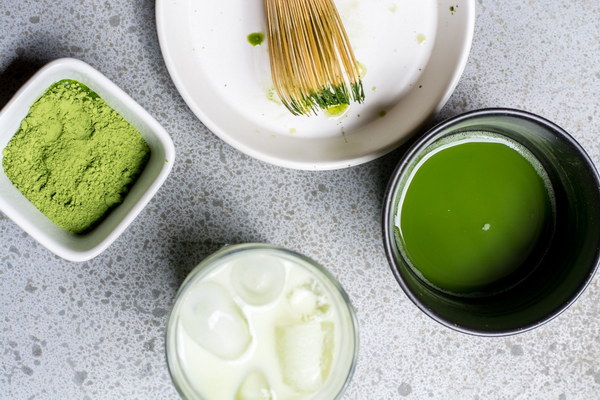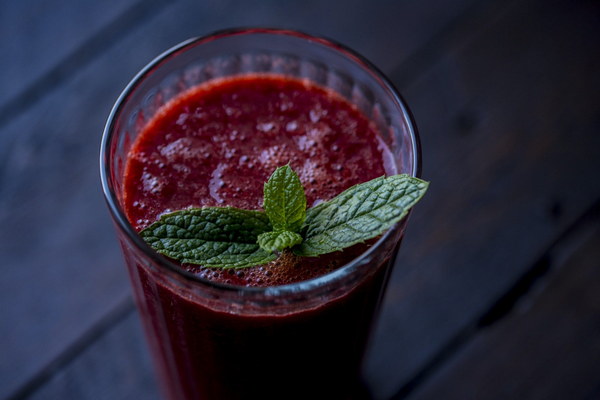Is the 'National Nourishment' Advert Illegal According to the Advertising Law
In recent years, the National Nourishment product has been widely promoted in the Chinese market. The product is said to have numerous health benefits and is often claimed to be a miracle that can cure various diseases. However, many consumers and experts have raised concerns about whether the advertising of the National Nourishment product violates the Advertising Law of the People's Republic of China.
According to the Advertising Law of the People's Republic of China, advertisements must be truthful and not misleading. They should not contain false or exaggerated claims, and they should not mislead consumers into believing that the product can cure diseases. The National Nourishment product, which is often promoted as a miracle cure for various diseases, seems to violate several key aspects of the Advertising Law.
Firstly, the product is often advertised as a cure for a wide range of diseases, such as cancer, diabetes, and heart disease. This is a clear violation of the Advertising Law, which states that advertisements should not contain claims that a product can cure diseases. While the National Nourishment product may have health benefits, it is not a medical treatment and cannot be used to cure diseases.
Secondly, the advertising often contains exaggerated claims about the effectiveness of the product. For example, some advertisements claim that the product can improve the user's health in just a few days. This is misleading to consumers, as the benefits of the product may not be as immediate or as dramatic as the advertisements suggest.
Moreover, the National Nourishment product is sometimes advertised with testimonials from seemingly satisfied customers. However, these testimonials may not be genuine or may have been obtained through deceptive means. The Advertising Law requires that advertisements must not contain false testimonials or endorsements, and that all testimonials must be substantiated.
Another concern is the use of ambiguous language in the advertisements. The product is often described as a natural or traditional remedy, without providing clear information about its ingredients or scientific basis. This can be misleading to consumers who are looking for a safe and effective product.
In conclusion, the advertising of the National Nourishment product appears to violate several key provisions of the Advertising Law of the People's Republic of China. The exaggerated claims, lack of scientific evidence, and use of misleading language all contribute to the concern that the advertising is not in compliance with the law.

To protect consumers and ensure fair competition in the market, it is essential that the relevant authorities take action to investigate and address these violations. Consumers should also be aware of the potential risks associated with purchasing and using unregulated health products and should seek medical advice before making any health-related decisions.
In the meantime, the manufacturers and advertisers of the National Nourishment product should be reminded of their responsibility to comply with the Advertising Law and to provide accurate and truthful information to consumers. Only by doing so can they contribute to a healthy and informed marketplace.









